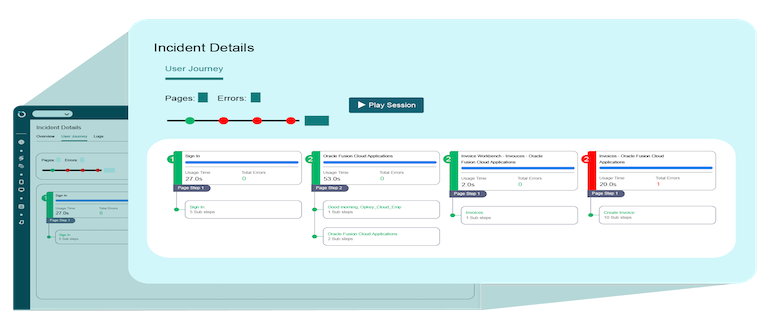
Opkey today added a suite of artificial intelligence (AI) agents to its lifecycle management platform for enterprise resource planning (ERP) applications.
Based on an existing Argus AI small language model (SLM) the company previously developed, the AI agents automate configuration, testing, training and support workflows that today require significant amounts of manual effort to perform.
Initially available for Oracle and shortly on Workday applications, the overall goal is to augment rather than replace the individuals performing these tasks with a set of AI agents that reduce the current level of toil associated with managing ERP applications, says Opkey CEO Pankaj Goel. “You will still need humans in the loop,” he adds.
For example, the AI agents developed by Opkey will be able to create self-configuring test scripts to reduce the time and effort required by as much as 85%, but the output of those tests will still need to be reviewed, Goel notes.
At the same time, AI agents will significantly reduce the amount of time spent on support calls by rapidly analyzing user journeys, identifying root causes of issues, and prompting end users toward the desired resolution. The Opkey original testing automation platform, according to the company, has been adopted by more than 250 customers.
While each provider of an ERP application will undoubtedly develop their own AI agents to automate a wide range of tasks, the Opkey platform provides a method for centralizing the management of AI agents that can be applied across multiple AI agents. That approach presents an opportunity to lower costs by reducing the total number of AI agents that an organization might require.
That may prove to be a crucial issue because precisely how AI agents will be licensed is still unclear. Some providers of applications are starting to make a case for treating AI agents as the equivalent of an employee that organizations essentially hire to complete a task. As the reasoning capabilities of AI agents continue to expand, they will essentially become the digital equivalent of a type of employee and, therefore, should be treated as such.
Conversely, AI agents might be viewed as an extension of a software platform that organizations pay an extra fee to license. Of course, over time, many organizations may also conclude that AI agents are just another feature covered under an existing enterprise licensing agreement.
While the cost of the IT infrastructure required to enable those capabilities remains significant, many providers of applications, however, will eventually discover that they will need to find a way to bundle AI agents into their licensing agreements if they expect to gain and retain customers. AI agents, after all, are already rapidly becoming a set of table stakes that every vendor that builds an application will be expected to provide. In fact, the cost of running AI agents will depend heavily on the type of language model used to build them.
The one thing that is certain is AI agents will soon be pervasively used across the enterprise. The probabilistic output generated by these AI agents will always need to be verified but the overall amount of time required to complete tasks in ways that will serve to dramatically increase productivity is all but assured.


